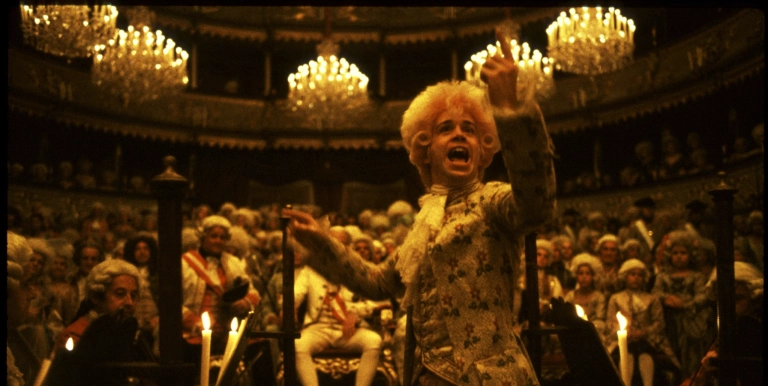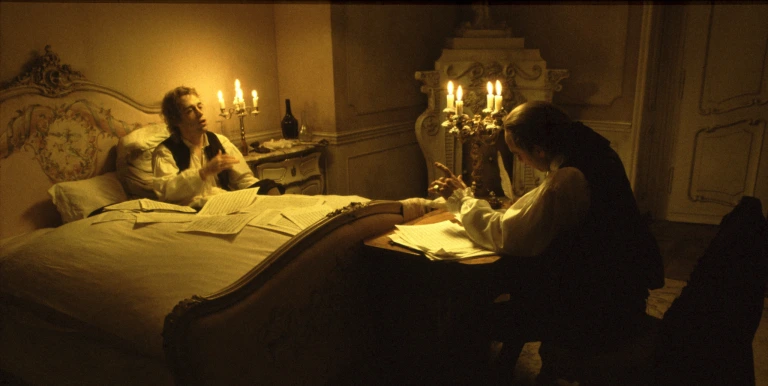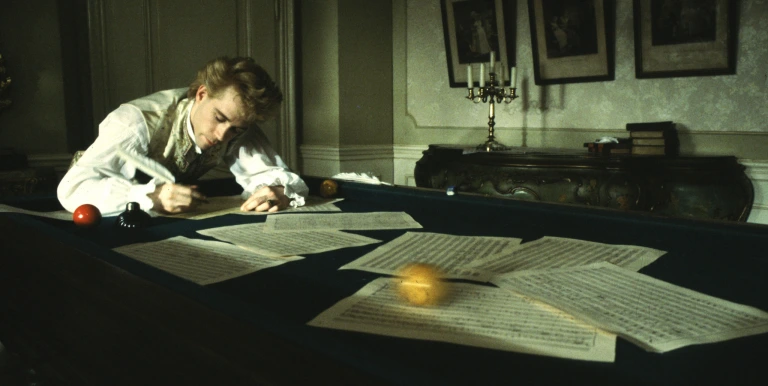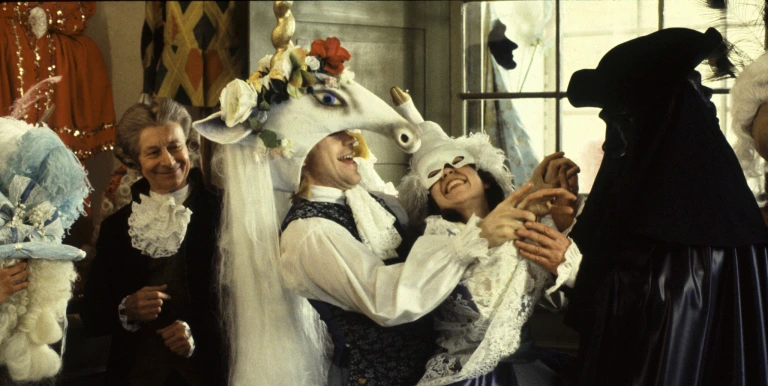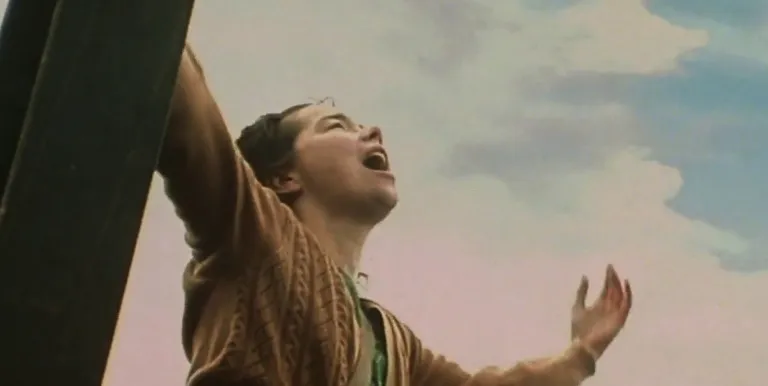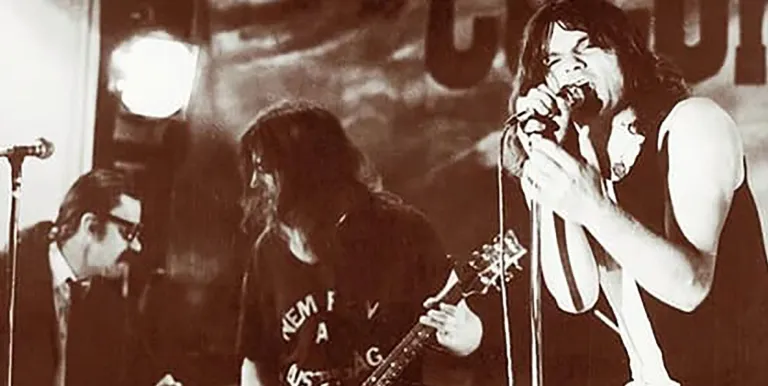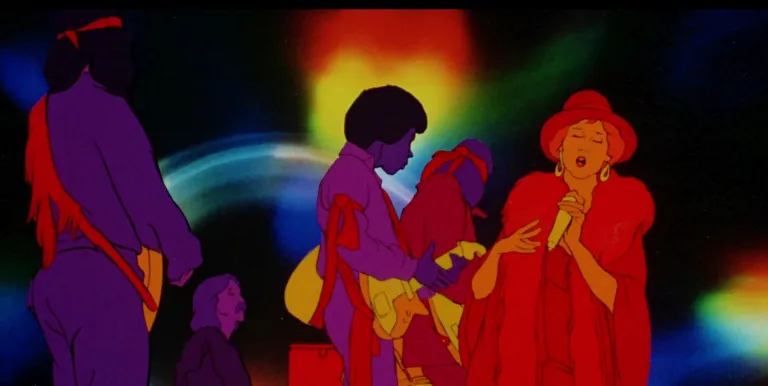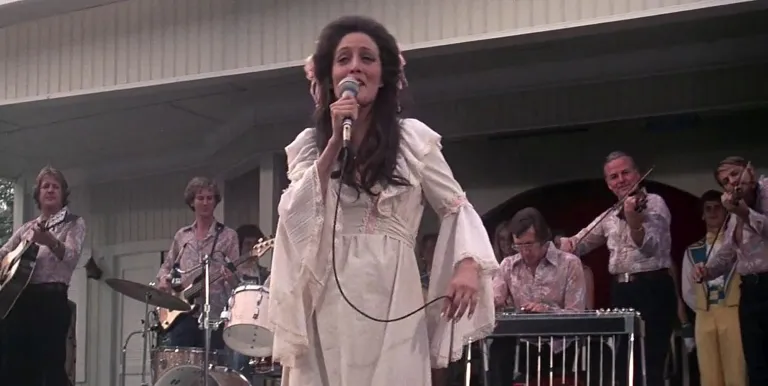Featuring:
Amadeus - in English, with Hungarian subtitles
It wouldn't hurt to make a few things clear at the start. The first is that Peter Shaffer's theatrical play on which the film is based is not entirely faithful to real life, so it would be a mistake to draw any far-reaching conclusions regarding music history. Just as Puskin did not intend his own play on the same subject to be a historical piece. Both writers simply played with a piece of gossip which insinuated that Salieri poisoned his rival after finding himself completely unable to emerge from the shadow of Mozart. It is also important to note that the play - and the resulting film - recounts the dramatic story of Salieri, not Mozart. It is a reflection on what the world should do with genius, given that genius is a kind of anomaly. Genius is a provocation in itself, as it is somehow capable of turning the endeavours and the creations of hard-working, talented people into a historical footnote. Genius does not fit into a system, and it cannot be followed. While the works created by these geniuses revolutionise the world and the way we think. Yet these works simply flow out of a genius like songs from a bird.
Amadeus was an outstanding success. It won eight Oscars. Why? It's difficult to say. Because it hardly features a parade of celebrity actors. It's true that F. Murray Abraham, who played Salieri, received an Oscar, and Tom Hulce, who played Mozart, was also nominated, but these superb actors were not considered major stars at the time. Perhaps the magic of the film lies in the fact that Forman's Mozart is essentially a smelly puppy, who is rather partial to a drink or a woman? Or is it the impact on us of the thoughts and questions that the film provokes? Will the era recognise its genius? Will it accept it? And should we feel bad if we are part of the modest, mediocre middle?
Presented by: Müpa Budapest
-
We wish to inform you that in the event that Müpa Budapest's underground garage and outdoor car park are operating at full capacity, it is advisable to plan for increased waiting times when you arrive. In order to avoid this, we recommend that you depart for our events in time, so that you you can find the ideal parking spot quickly and smoothly and arrive for our performance in comfort. The Müpa Budapest underground garage gates will be operated by an automatic number plate recognition system. Parking is free of charge for visitors with tickets to any of our paid performances on that given day. The detailed parking policy of Müpa Budapest is available here.

